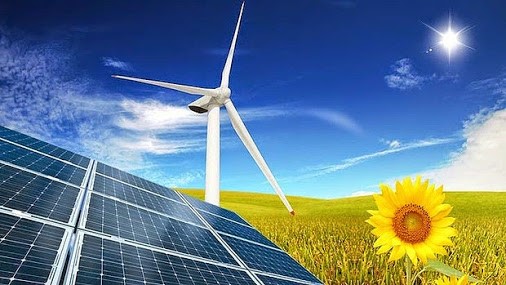Off-grid or stand alone solar kits are giving people worldwide the electricity to light-the-darkness. These off-grid or stand alone systems are not connected to the grid. They can range in size from small portable solar panels to charge a laptop or iPad, one or two solar panel kits designed to power a few LED lights, maybe a pump and DC refrigerator, to systems large enough to power an entire house. Remote places in American as well as American suburban homes are discovering the comfort of off-grid solar, solar emergency backup power and the freedom from worry.
There are three main types of residential solar power, grid-tied, grid-tied battery backup and off-grid solar system with battery backup. The cost structure of off-grid solar systems is different from that of a grid-tied solar system. Solar modules are typically between 35% and 60% of the cost of a solar system. When you add batteries, controllers on top of the regular inverters, stand alone solar systems can be 40% more than a grid tied home system. Solar is a not cheap, off-grid solar system making more sense to power lights and small electronics which minimize the power requirements rather than welders or heavy tools. But there are people who have their reasons for going off-grid with custom solar beyond just disliking the utility company.
Most residential homes are grid-tied to the local utility, but there are a number of reasons why you may consider living off the grid with solar. When your local utility wants to charge a small fortune to run a feeder power line out to your cabin or country lot, off-grid solar with a battery backup can often time be much cheaper. There are many countries that operate with high per capita off-grid solar systems because it can be a cheap reliable source of power. These solar power systems are small, dependable and can last indefinitely with low maintenance.
Off-grid solar panels are used in remote areas worldwide for battery charging, home power and water pumping applications. During a blackout, you can produce energy for your appliances by using an off-grid solar backup power to power your essential household appliances. Off-grid emergency solar backup power can provide energy for your home through the use of customized solar-PV panels. These solar kits can be matched to your power requirements and range of needs of home. During any prolonged power outage, emergency solar backup power can power DC refrigerator and light. They can also be used to charge phones, computers, and communications equipment. With solar panels, these are a compact off-grid kit that includes a battery backup, allowing homes to maintain emergency power for several days without sun.
Another use for an off-grid solar kit is to install off grid solar on your RV. Most RVs have clean open roof space ideally suited to housing solar panels, and the panels can collect electricity whether your RV is stationary or on the move. They do so silently, so if you are out in the wilderness you can actually enjoy birds in the forest rather than listening to the broken drone of a generator.
Most off-grid solar systems have to be managed. The user needs to know the limitations of the system and tailor energy consumption to basically how sunny it is, and the state of charge of the battery. Choosing the right solar installers is important. A well designed, well installed and well-managed system should satisfy the user’s electrical requirements practically all the time. Off-grid solar or emergency backup solar generators can be an alternative to grid-tied energy.
